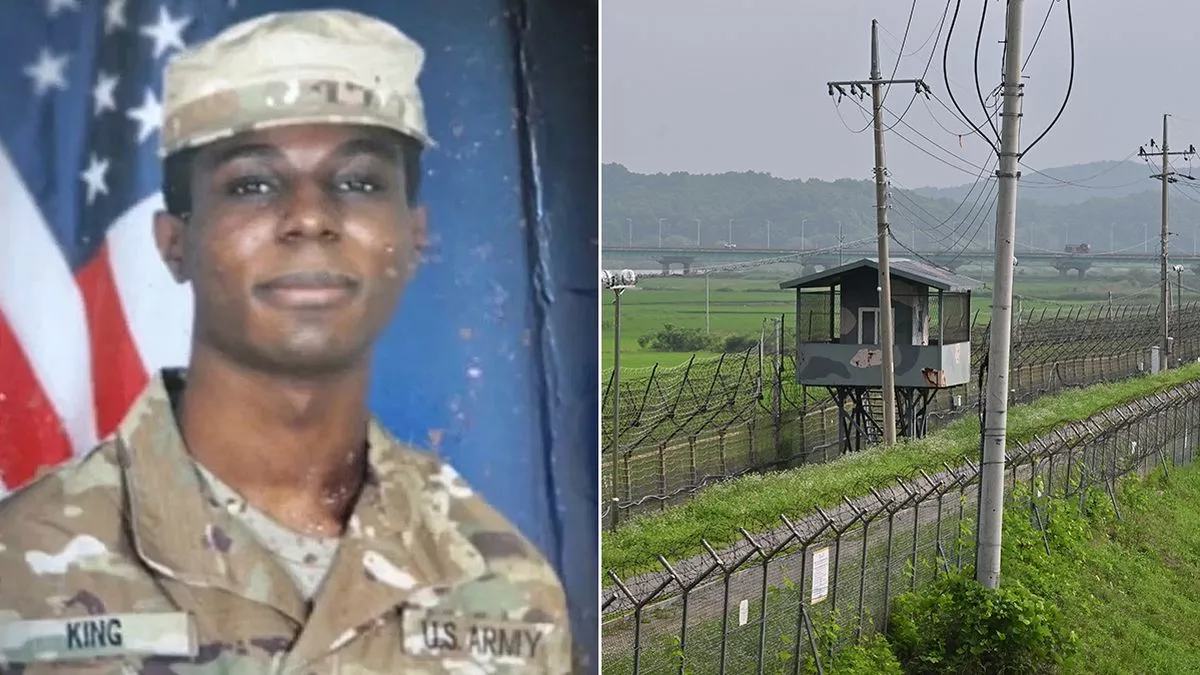In a rapid response to North Korea’s recent official announcement concerning the detained US Army Soldier, the White House has taken proactive measures to ensure the safe repatriation of the soldier, who had been held in the nuclear-armed country for the past month.
During a press briefing, Washington exercised caution while addressing the statements made by Travis King, the detained soldier, regarding allegations of maltreatment and racial discrimination within the military.
Travis King, a 22-year-old US soldier, was apprehended in July after deliberately crossing into North Korea during a border tour. His detainment followed a series of events, including a two-month period of confinement in South Korea due to assault charges. King had been facing disciplinary actions prior to his detention.
Sources reported that King’s detainment was linked to an incident where he was accused of assaulting a South Korean national in a club in September.
The release of North Korea’s official information about the soldier’s detention, as reported by North Korean media KCNA, included King’s claim that he fled due to “racial discrimination” and harbored “ill feelings toward the US Army.”
White House Press Secretary Karine Jean-Pierre stressed the importance of scrutinizing the source of these statements, emphasizing that they should not alter the fundamental objective of ensuring King’s safe return. Jean-Pierre stated, “We want to make sure that he gets home safely.”
At the State Department, spokesman Vedant Patel reaffirmed the unwavering focus of the United States on facilitating King’s secure return. Patel emphasized, “Our priority is to bring Private King home through all available channels to achieve that outcome. And his well-being continues to be a top priority for us.”
Patel clarified that communication with North Korea had not taken place since the recent statement. Ongoing efforts to secure King’s release are being conducted through Sweden, which represents Washington in dealings with Pyongyang.
Previous accounts indicated that King intentionally crossed the border into the Demilitarised Zone (DMZ) separating North and South Korea “willfully and without authorization.”
Having been released from a South Korean prison on July 10, King returned to the US to face further legal proceedings.
The evolving situation highlights the intricate diplomatic challenges faced as dedicated endeavors are underway to secure the safe repatriation of Private Travis King from his North Korean detainment.




